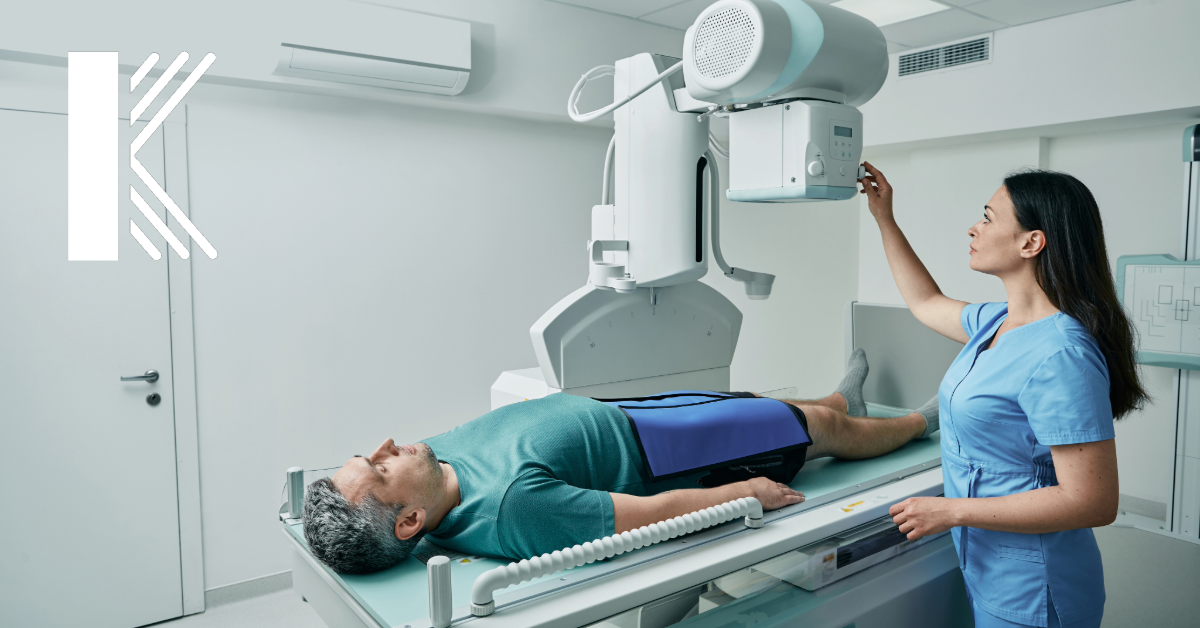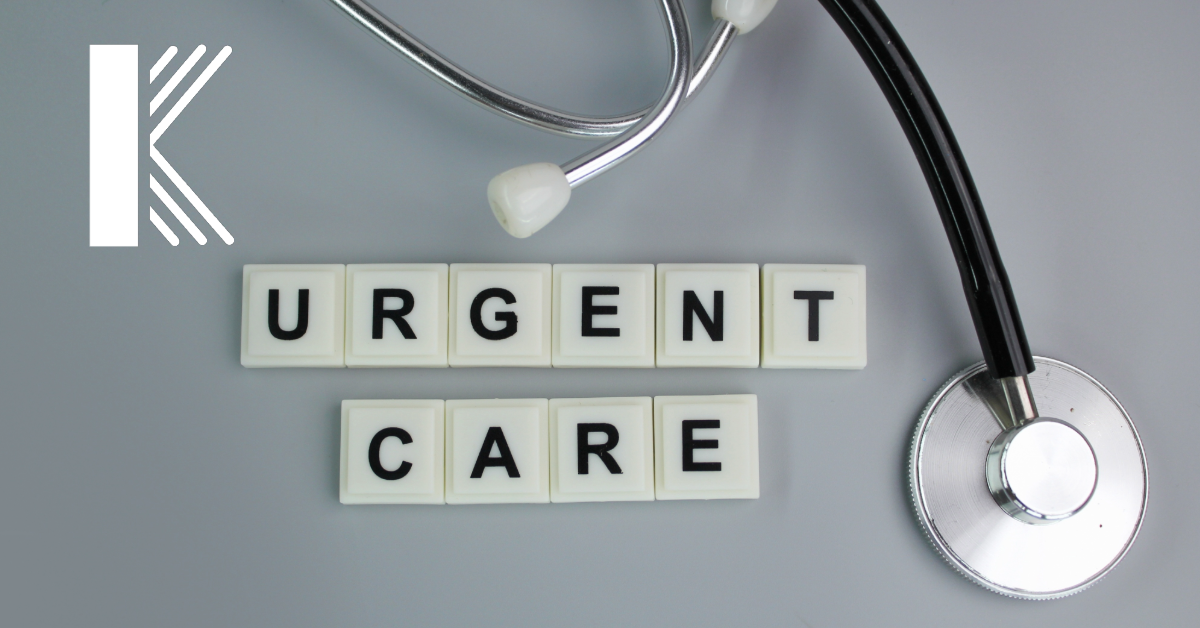5 min read
Why Does a Medical Office Need Workers' Comp Coverage?
Dr. Smith’s dermatology clinic in Lafayette was bustling on a typical Tuesday afternoon. Patients filled the waiting room, medical staff moved...
5 min read
Levi Kastner
Aug 10, 2024 2:38:52 PM

When Dr. Crackenheimer opened her chiropractic clinic in Lafayette, LA, she was excited to bring her expertise in spinal adjustments to the community. But as she started setting up her office, she quickly realized just how expensive the specialized equipment was.
The same story is true for Dr. White, who runs a dental practice, and Dr. Eisen, who opened an optometry office. Each of these professionals invested in high-tech, specialized equipment crucial to their practice, making the need for comprehensive equipment insurance clear.
In the medical field, safeguarding your expensive equipment is not just a necessity—it's vital for ensuring continuous, high-quality medical care. Medical devices such as X-ray machines in a chiropractor's office, dental chairs and tools in a dental practice, and optometry equipment like visual field analyzers are all essential to business operations.
Protecting them against potential risks like property damage, accidental damage, and theft is crucial to maintaining your business without hassle.
Medical equipment insurance offers business owners peace of mind by covering the replacement costs of damaged or stolen equipment. The healthcare industry relies heavily on this equipment to deliver effective care, making it a core coverage area in any business insurance policy. Without this coverage, a single covered claim could lead to significant financial losses, jeopardizing the entire operation. For instance, a radiologist's office might rely on expensive MRI machines, which require protection against a wide range of potential damages.
Medical facilities often have a wide range of supplies and medical equipment, from MRI machines to simple electronic devices like computers and tablets used for patient records. Each type of medical office uses specialized equipment that is integral to its operations. Here’s an expanded breakdown of the equipment used in various types of medical offices:
Chiropractic OfficesMedical equipment insurance can be tailored to cover all these assets, ensuring that even the most expensive equipment is protected. This type of insurance coverage is essential for maintaining the operational efficiency of your business. Without it, replacing or repairing damaged equipment could result in significant financial strain and disrupt the care provided to patients.
No two medical businesses are the same, and their equipment insurance needs can vary significantly. Customizing your policy to fit your specific requirements ensures that you’re covered for all potential damages and that you can focus on providing quality medical care.
When assessing your insurance needs, consider the types of medical devices and equipment you use, the potential risks associated with them, and the policy limits you require. For example, a radiology center with multiple high-value imaging machines will need a policy with higher coverage limits than a small optometry office. Working with a licensed insurance agent can help you determine the appropriate coverage limits and additional coverages that may be necessary, such as liability insurance or product liability insurance, to protect against defective products or accusations of negligence.
Beyond the essential equipment insurance, business owners in the medical field should also consider:
Specialized coverage for medical equipment ensures that all potential risks are mitigated. For example, dental practices may require coverage for high-cost items like dental lasers, while radiology centers need extensive protection for imaging machines.
Chiropractors, on the other hand, might need coverage for treatment tables and diagnostic tools. Each type of practice has unique needs, and a tailored insurance policy can provide the most effective protection.
Insuring your medical business’s equipment is not just about covering the financial losses from property damage; it's about securing the future of your practice. With the right insurance coverage, including medical equipment insurance and other business insurance policies, you can ensure that your practice remains operational and continues to provide essential care services to your patients.
.png?width=840&height=440&name=How%20Can%20I%20Insure%20the%20Equipment%20for%20My%20Medical%20Business%20(1).png)
Founded in 2017, Kastner Insurance Group is a full-service, independent insurance broker based in Lafayette, LA. Our insurance agents specialize in offering a variety of insurance products tailored to individual and commercial needs, making sure clients receive personalized and comprehensive coverage options from a variety of insurance companies/insurance carriers.
With over 43 years of combined experience, the team at Kastner Insurance Group is dedicated to providing expert advice and exceptional service. They proudly serve professional offices and businesses across Lafayette city/parish, Youngsville, Broussard, Baton Rouge, New Orleans, Alexandria, Acadiana, and statewide in Louisiana.
Call us today or visit our website for a customized quote.

Lafayette Insurance, affordable insurance, truck insurance, auto insurance lafayette la, commercial insurance, commercial insurance louisiana, marine insurance, hull insurance

5 min read
Dr. Smith’s dermatology clinic in Lafayette was bustling on a typical Tuesday afternoon. Patients filled the waiting room, medical staff moved...

4 min read
Dr. Jamie Lawson had always envisioned opening an urgent care center in one of the bustling neighborhoods of Baton Rouge. With more families moving...

4 min read
When Dr. Lisa decided to open an urgent care center in the growing area of Baton Rouge, she envisioned a clinic where patients could receive prompt ...